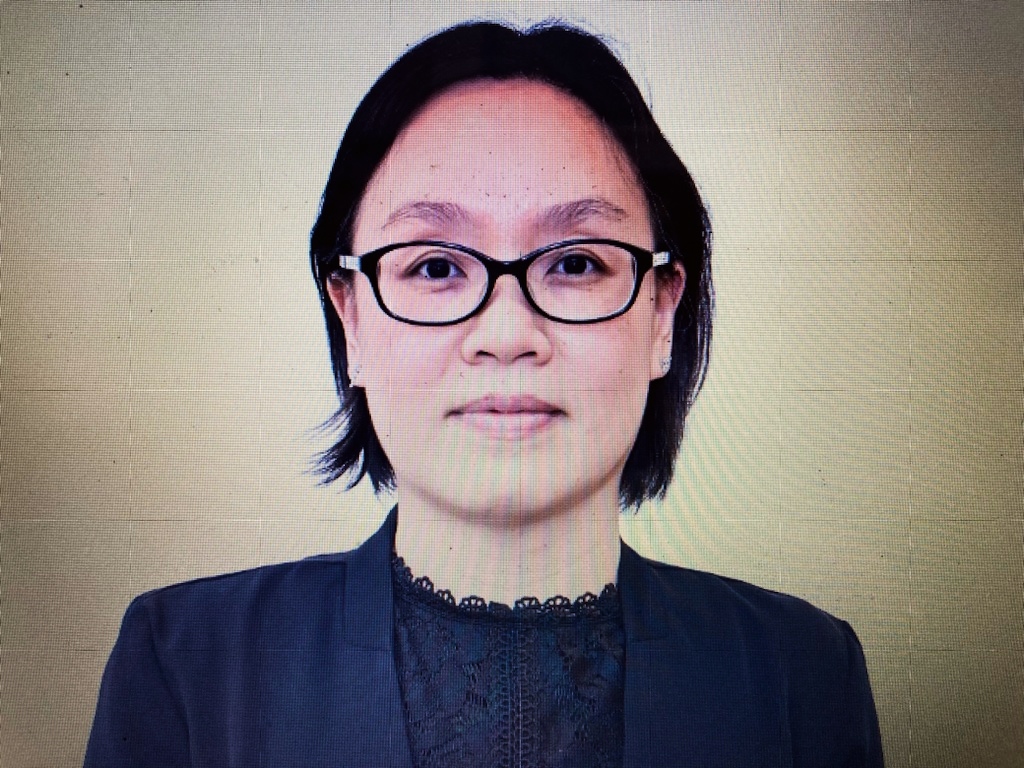Ng Wai Han Takes the Helm of Macau’s Gaming Regulation
Ng Wai Han has been appointed as the new director of the Gaming Inspection and Coordination Bureau (DICJ) in Macau, a notable transition for the city’s gaming oversight. This pivotal announcement was made by the government on May 7, marking Ng’s ascent from her previous role as the head of the Public Administration and Civil Service Bureau.
Ng succeeds Adriano Marques Ho, who transitioned to become the customs director general following the leadership change under Chief Executive Sam Hou Fai in late 2022.
This leadership shift is part of a broader administrative refresh instigated by the new government, underscoring a significant moment for Macau as it evolves under new governance.
Pioneering Leadership in Gaming
As the first woman to lead the DICJ, Ng’s appointment is historic and emphasizes the growing representation of women in senior governmental roles. Her extensive background includes impressive stints at the Macau Labour Affairs Bureau between 1999 and 2017, followed by her role as deputy director at the Public Administration Bureau before her recent promotion.
A graduate of Sun Yat-sen University holding a master’s in criminal law, Ng is well-positioned to navigate the complexities of the city’s multi-billion-dollar gaming sector. Secretary for Economy and Finance Tai Kin Ip highlighted her “professional competence and aptitude,” affirming her readiness for this significant responsibility. Ng will fulfill an initial one-year tenure in her role.
A Crucial Year for Macau’s Gaming Landscape
Ng’s arrival comes at a pivotal time for Macau’s gaming industry, which has undergone tremendous challenges, especially during the pandemic that saw a drastic drop in tourism and revenue. In 2024, the gaming sector recorded MOP226.8 billion ($28.1 billion) in gross revenue, starkly overshadowing competitors like Las Vegas and Singapore, which reported much lower figures.
With the need for diversification pressing heavy on Macau’s economy, the government initiated a “1+4” development strategy aimed at expanding into new economic areas—finance, technology, health, and the meetings trade—while leveraging its existing strengths in gaming.
As casino operators shift focus, they are now required to invest $16.2 billion into non-gaming attractions, while pivoting their offerings in response to the fading VIP gaming segment, targeting mass and premium mass audiences instead.
Navigating an Increasingly Competitive Arena
The gaming landscape is poised for transformation, with emerging competition from neighboring regions. Japan is set to open its first casino in 2030 with the ambitious $9 billion MGM Osaka project. Concurrently, Thailand is considering the introduction of several casino resorts under the proposed Entertainment Complex Bill, potentially reshaping the regional gaming environment.
Analysts predict that a robust Thai gaming industry could bring in revenues up to $15.1 billion annually—significantly altering the competition landscape against established giants like Macau and Las Vegas.
Ng Wai Han’s leadership will be instrumental as Macau navigates this transformative period, balancing its traditional gaming allure with new economic ventures in an increasingly competitive arena.
